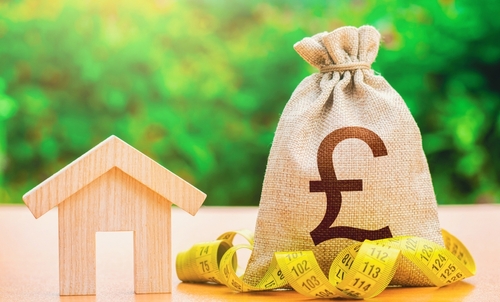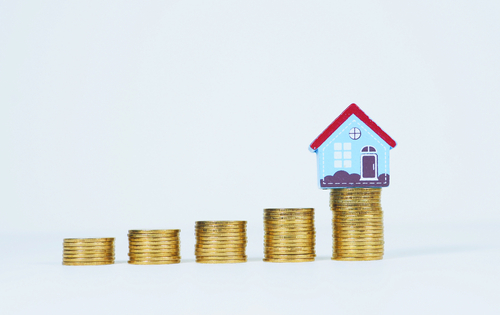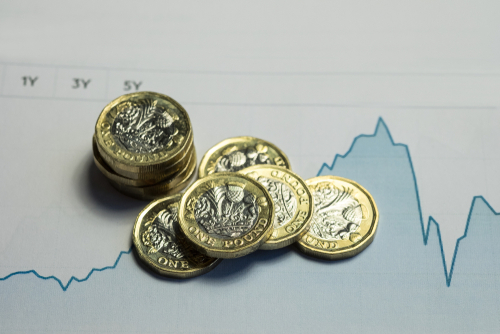
British homeowners could struggle to cope with forthcoming interest rate hikes unless wages finally start rising as well, the Bank of England has said.
Hundreds of thousands of borrowers are looking nervously ahead to 2015, when the Bank may finally start raising rates after holding them at a record low 0.5% for six years.
Britons have more debt per head than in any other big rich economy, at around 140% of income.
That is equivalent to £1.5 trillion and has barely fallen from its peak as the financial crisis broke in 2007.
Stagnant earnings and fewer repossessions means that Britons have made smaller inroads into their debt than homeowners in the US.
With the economy growing strongly, markets now expect the first base rate hike in the second half of 2015.
If this happens, government forecasts suggest that debt ratios could rise above pre-crisis highs within a few years.
The Bank of England calculates that every 1% rise in base rates would cut spending by 0.5%, around £5 billion.
More than half of the borrowers in its survey said they would cut spending if interest rates hit 2.5%.
And mortgage defaults could increase by 30%, affecting 480,000 UK households.
Brian Murphy, head of lending at Mortgage Advice Bureau (MAB), said homeowners can still hope for an extended reprieve, with the first rate rise not expected until autumn 2015.
But he warned the hike will inevitably come. "Wage growth will be a key factor in how well homeowners are able to cope with these increases.
"The Bank of England estimates that only 4% of mortgagers would need to take action if interest rates rise to 2.5%, assuming incomes rise by 10%.
"However, almost two in five mortgagers would be prompted into action if wages remain unchanged."
Murphy said that while these figures may look alarming, a 2% increase in the bank rate will not happen overnight.
"The Bank of England have made repeated assurances that any interest rate increases will be gradual, so it could be a number of years before we reach a base rate of 2.5%.
"Homeowners with fixed-rate mortgages, representing 94% of buyers in October, also won't be impacted by interest rate rises until their fixed period comes to an end.
"In today's market of record low mortgage rates, the security of a fixed rate deal has never been so affordable."











Comments
retirees and under 40s fear ZIRP